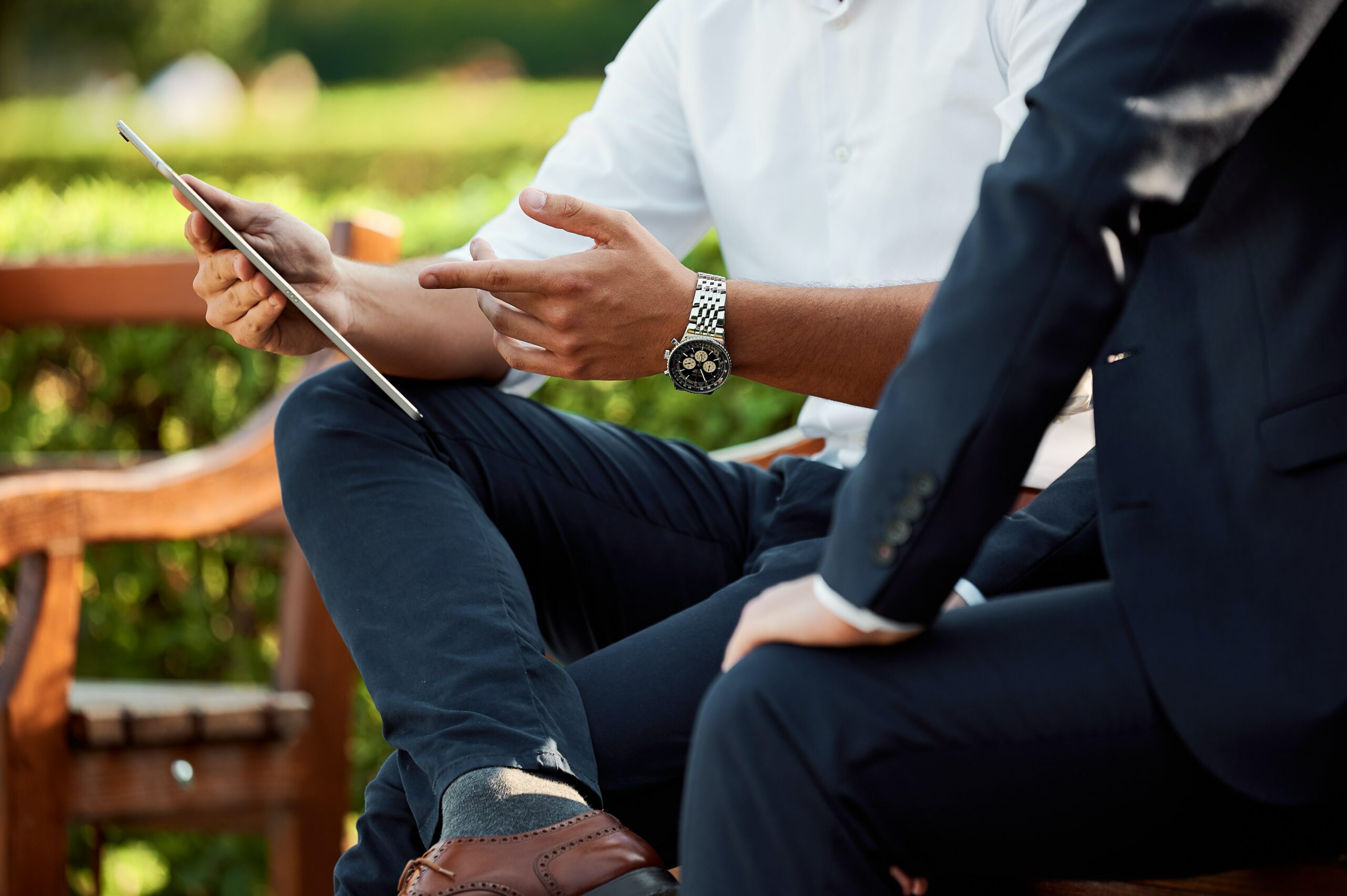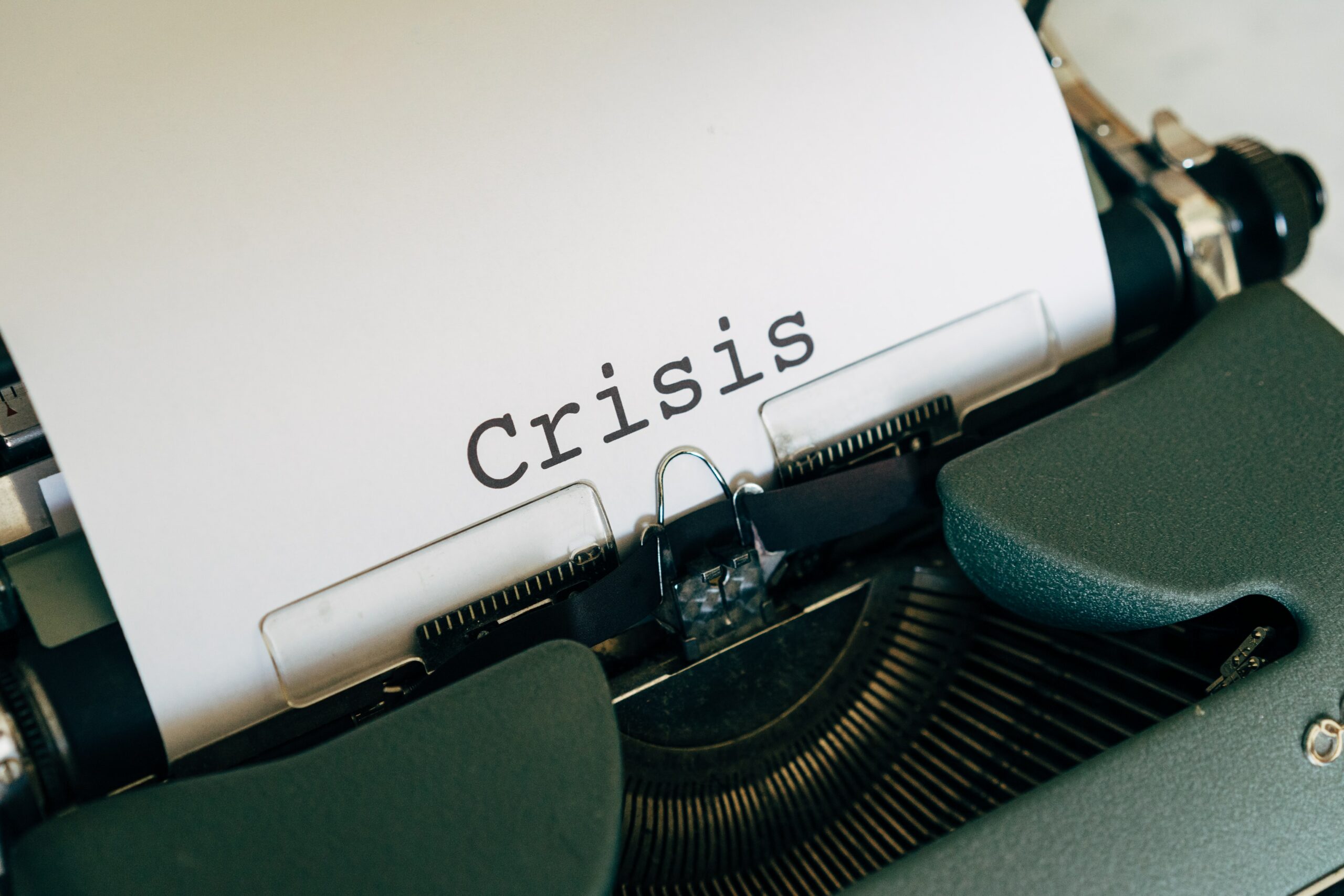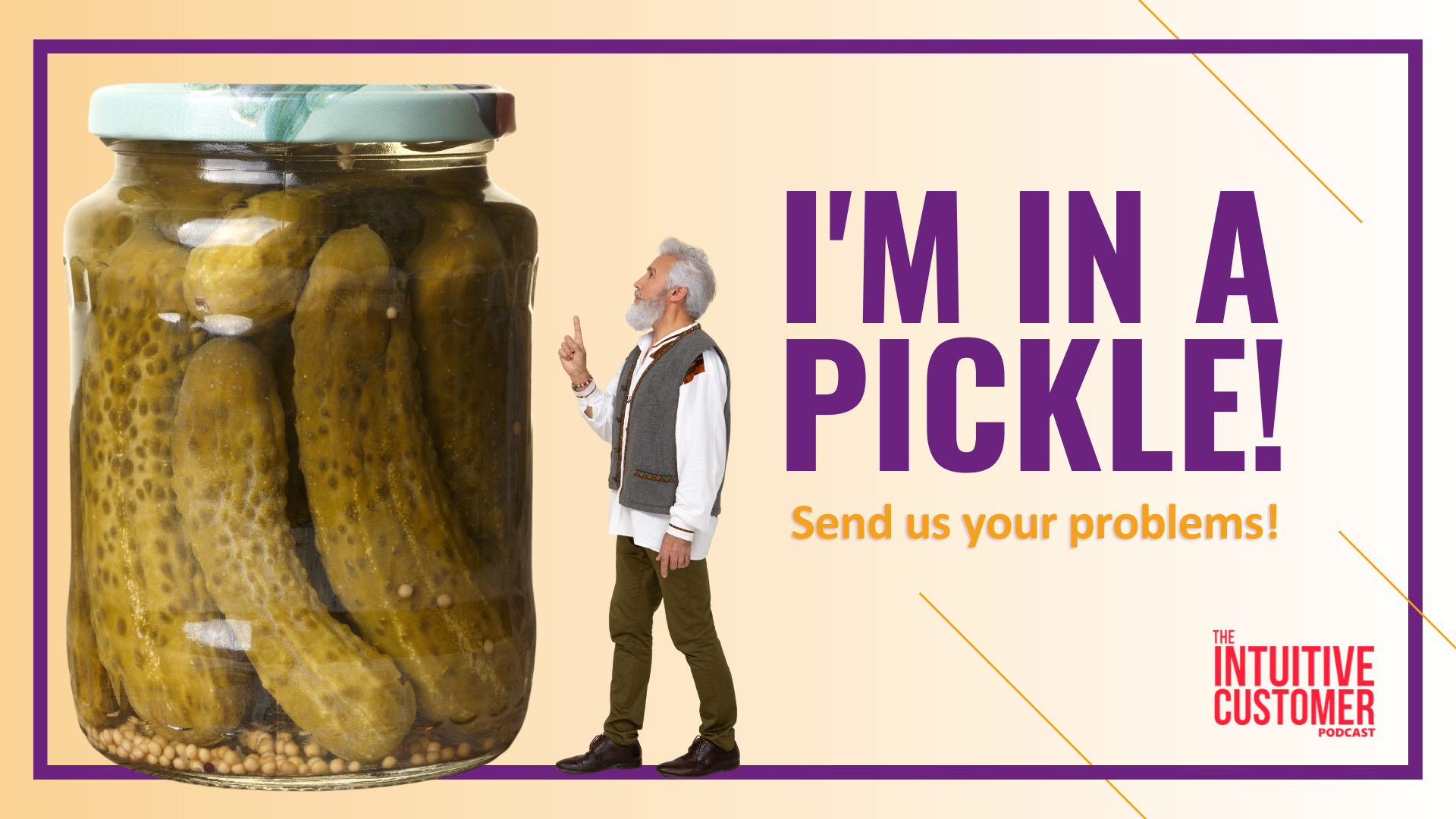Customer satisfaction is at the worst point it has been for 15 years. People want positive experiences, so it’s up to businesses that want them as customers to provide them. However, the old way of doing things is going away, presenting an opportunity to solve these problems differently. Understanding how the customer behaves digitally by combining the power of artificial intelligence (AI), data, and behavioral science is imperative to turn this around.
 As we look ahead into the new year, it’s a natural time to reflect on the year that passed. We did that on a recent podcast, thinking about what we learned professionally and personally this past year.
As we look ahead into the new year, it’s a natural time to reflect on the year that passed. We did that on a recent podcast, thinking about what we learned professionally and personally this past year.
Now, this isn’t something I learned so much as I realized. Twenty years ago, at this time of the year, I started my global Customer Experience consultancy, Beyond Philosophy, and published my first book on the subject, Building Great Customer Experiences (Palgrave Macmillan, 2002). Also, I wondered if I had made a terrible mistake leaving my highly compensated job at British Telecom to launch this endeavor. Now, we enjoy a lot of success, including recognition by the Financial Times as a leading consultancy three years in a row.
However, when I look back on the last year, I do have some key things I have learned, and they include the following:
Change is constant and unrelenting.
As we end 2021, we are emerging from under the shadow of the pandemic and getting on with life. However, it isn’t without continued challenges. We face supply chain issues and labor shortages today, and it feels like the business will never get a break.
This year, I learned that this state of constant challenge is the perpetual state of things. There will always be new, different problems. It’s not a question of will they happen but when they happen.
Moreover, even in a continuously changing business environment, constants still exist. For example, how people respond to cues and how those cues affect decision-making are not changing. Therefore, I recommend finding those human psychological constants to guide your responses to change so you are prepared to meet the challenges it presents.
Human beings look for the negative.
Nobody likes uncertainty, including me. I am always preparing for the next crisis, which drives my wife Lorraine mad.
However, this constant preparation for the worst is a response to the uncertain future. We tend to think about the things that will negatively affect us, and we tend to look for the negatives rather than the positives.

When you tie that feeling back into the constant state of change, you could be in danger of resisting change because you don’t want to lose something.
The good news is that there are benefits to the preparation, too. It makes you feel better about the present when planning for an uncertain future. So, use it as a coping mechanism and plan to your heart’s content.
Customer experience is declining as a driver of change.
Back when I started Beyond Philosophy, Customer Experience was not a thing yet. It was a recently introduced idea that built upon the previous wave of change, which I remember was Customer Relationship Management, which replaced Total Quality Management, and so on, and so on.
Today, Customer Experience is not the new idea, but it has made way for what’s next. The new wave of change is Customer Science, which absorbs Customer Experience. Customer Science is the fusion between AI, data, and behavioral science.
When I started Beyond Philosophy, the business environment showed signs that Customer Experience was the next big thing. Twenty years later, I see all the same things now associated with Customer Science.
Customers are not satisfied with business as usual today.
The American Customer Satisfaction Index (ASCI) shows that customer satisfaction is at the worst point it has been for 15 years. Many people blame this on COVID. I agree that COVID had a significant effect on customer satisfaction because many organizations took a step back in their journey to putting the customer at the center of everything they do.
However, customers’ dissatisfaction isn’t all because of the virus. Between 2010 and 2019, only 30 percent of the companies tracked on the ASCI increased their scores. That means 70 percent of companies between 2010 and 2019 didn’t improve their scores, despite the focus on improving customer experience. However, the 30 percent that improved scores did so by improving value, tracking their return on investment, and accelerating their digital transformation. Customer Science is poised to take over in the next ten years to help organizations understand how customers behave digitally to optimize their value in the customers’ eyes.

That was what I learned on the business side. On the personal side, it has been different areas for me. From having more of some things and less of others, I have a new, improved outlook for 2022.
Everyone understands the value of life balance.
COVID forced a lot of imbalances on us. Some of them were positive. For example, many of us spent more time with our families, which, depending on your situation, might have been a good or bad thing. In my case, it was a good thing.
However, as things are re-opening, some of the balances will shift. The question is, will it return to pre-pandemic levels?
For me, having more time with family is one of the things out of COVID I will keep. It started as a significant change, but now it is the way. As it becomes more normal to balance my work life and my family life, I will likely look for new ways to improve things in my personal life.
My scale is more balanced.
Since 2016, I have lost 100 pounds, and 55 of them in the past two months. Now, I don’t talk about it much because I don’t want to share too much personal stuff. However, I realized that my weight loss experience could help other people.
It started with a catalyst for change, which in my case was my wife’s pending back surgery. We decided that losing weight would make that surgery better for her. We tried a program called Lighter Life, which gets into the Why of your eating habits. I am not endorsing or getting anything for mentioning them, but I have been on diets my whole life. Lighter Life taught me that my habit was emotional eating. Whether I was happy, stressed, or sad, I ate. I needed a jolt to get out of that habit.
This personal lesson translates into business, too. Maybe your customer strategy has some bad habits that need a jolt, too. If you have bad habits and disrupt them, you can set new habits. Then, it is just a question of sticking to them.
Helping people with their business problems is fun.
On our podcast, we have a feature called, “I’m in a Pickle,” where our listeners submit their business problems, which we solve for them using the theories of behavioral science and practical tactics. People have responded, and it has been rewarding and interactive to solve their business “pickles.” Many of the pickles we have received are common, so not only do we help the individual, but the advice helps a lot of others, too.
If you have a problem you want us to solve, don’t hesitate to get in touch with us at www.BeyondPhilosophy.com\pickle.

As we look into the new year, we have learned a lot. From the constancy of change to the negative bias we all have for the world to the rewarding nature of finding balance and helping people, there have been many great lessons from 2021. We also appreciate you and wish you all fantastic and safe holidays and a happy new year.
There you have it. No promotions, no gimmicks, just good information.
Think reading is for chumps? Try my podcast, The Intuitive Customer instead. We explore the many reasons why customers do what they do—and what you should do about it. Subscribe today right here.


